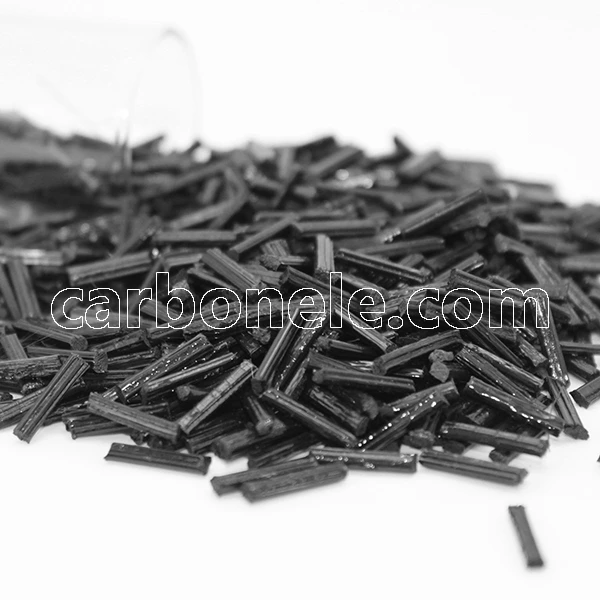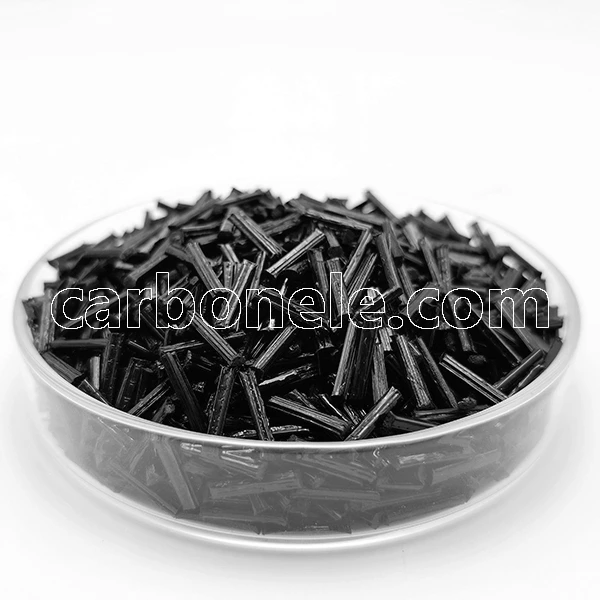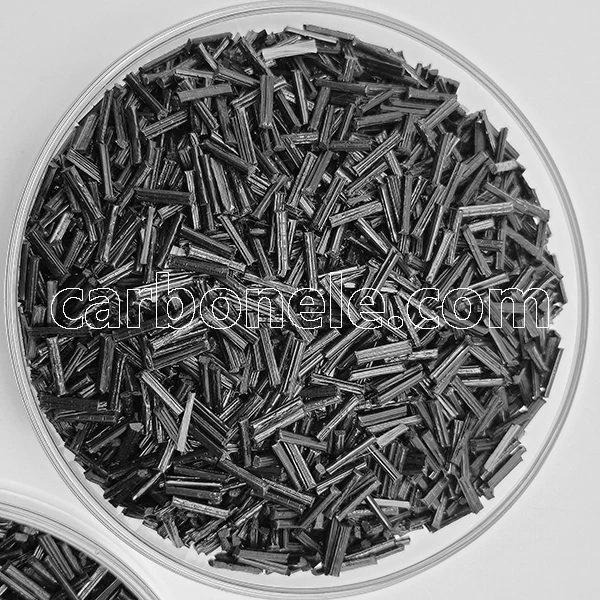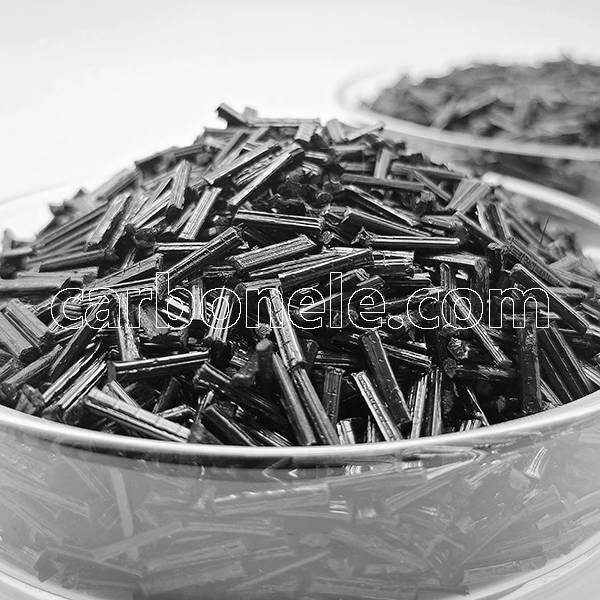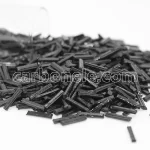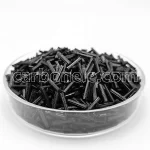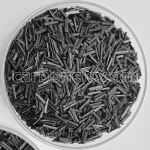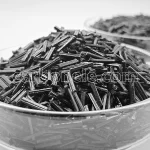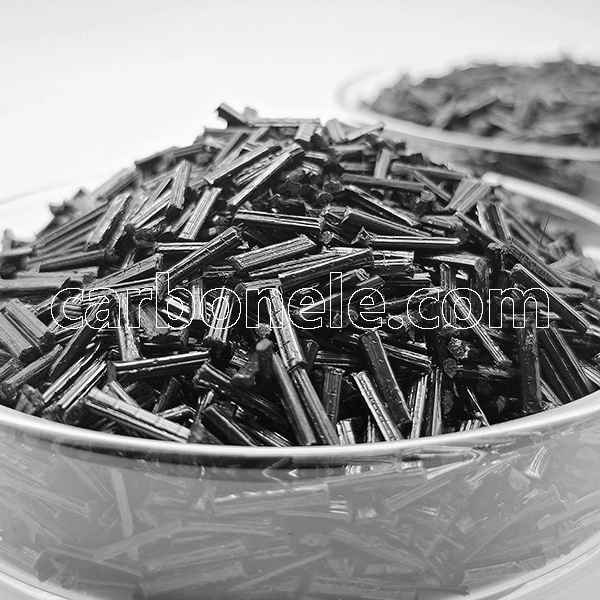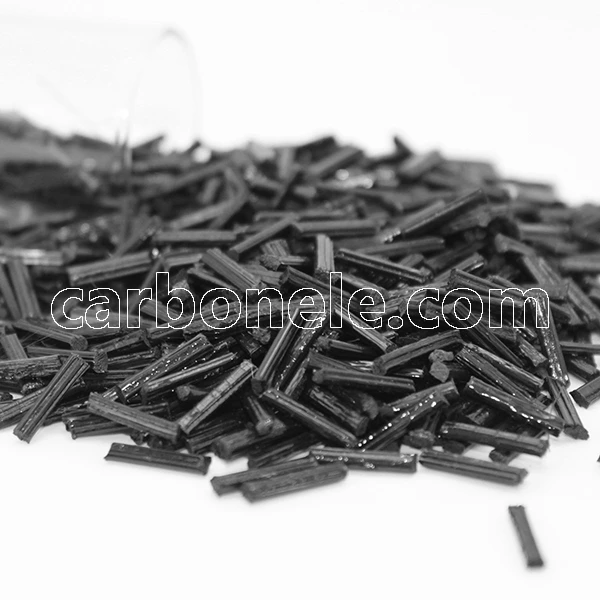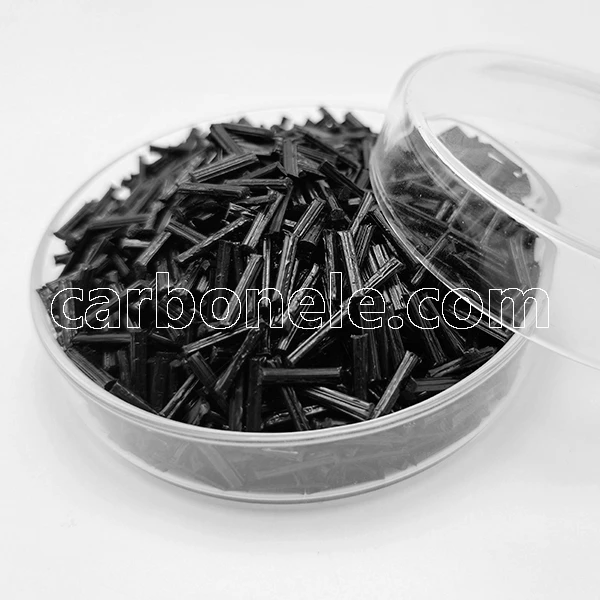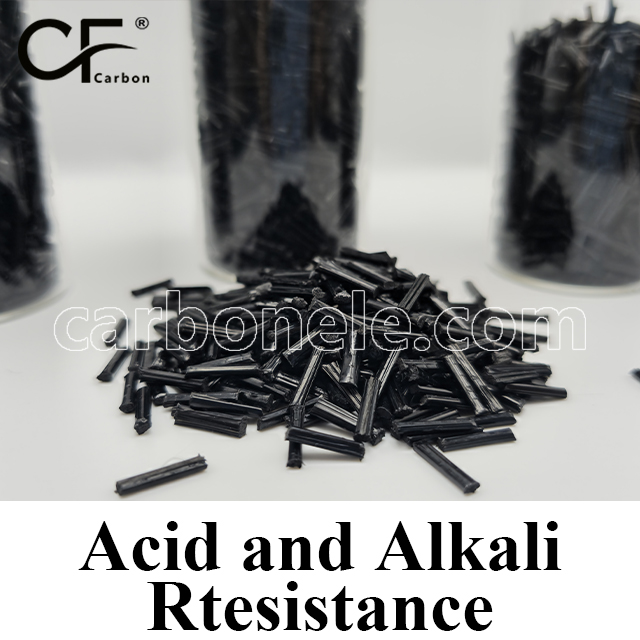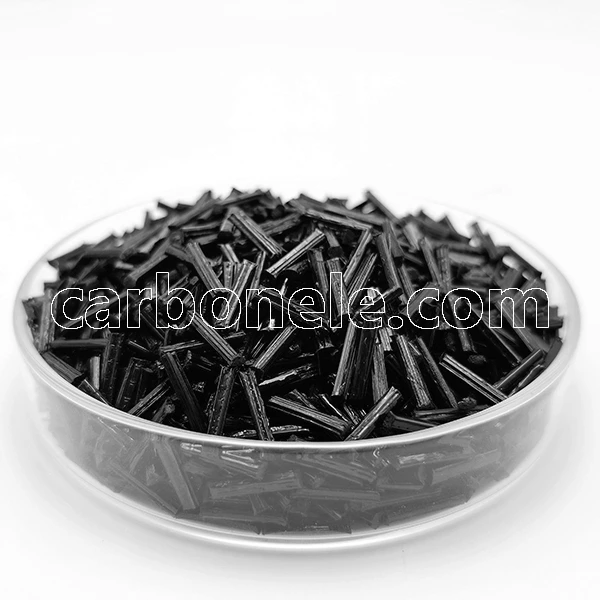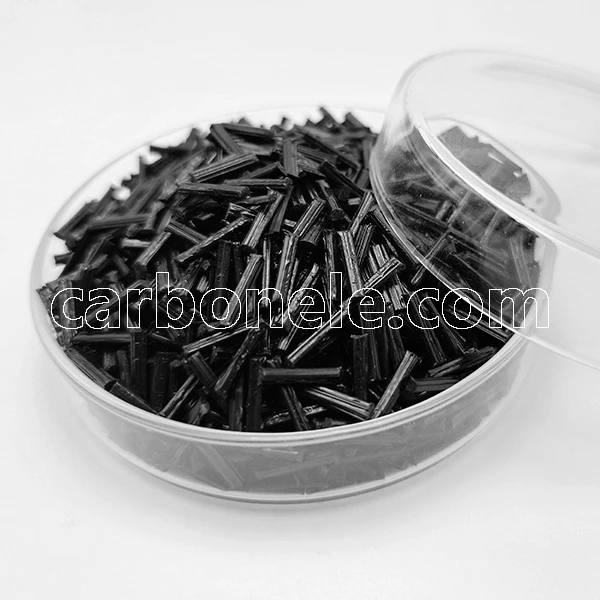
Factory Competitive Prices PPS LCF60 Robot Arms Raw Materials
PPS LCF60 takes polyphenylene sulfide as the base material and adds up to 50% long carbon fiber as the filling material for reinforcement and modification. This unique combination endows PPS LCF60 with powerful performance and a wide range of application fields.
- Model No.: PPS-LCF-BCA6
- Matrix Resin: Polyphenylene sulfide
- Reinforcing Filler: Long carbon fiber
- Manufacturer: Yes
- OEM/ODM: Acceptable
- Free Sample: 3-25kgs
- Port: Xiamen, China
I. Performance Advantages
1. Excellent high temperature resistance: PPS LCF60 can maintain good mechanical properties in a high temperature environment of up to 260°C. Whether in a high-temperature industrial production environment or in high-temperature parts such as automobile engines, it can play a stable role.
2. Outstanding mechanical strength: The addition of long carbon fiber greatly increases the tensile strength and compressive strength of the material. It shows amazing stability under high loads and becomes an ideal material for manufacturing high-strength mechanical parts.
3. Low water absorption: This material hardly absorbs water at all and can maintain stable performance in a humid environment. This characteristic makes it reliable for use under various climatic conditions.
4. Excellent chemical corrosion resistance: It has excellent corrosion resistance to various chemicals such as acids, alkalis, and salts and can be used with confidence in harsh chemical environments.
5. Outstanding dimensional stability: The dimensional change is extremely small at high temperatures, which can ensure the shape and dimensional accuracy of precision parts and provide a strong guarantee for high-precision manufacturing.
6. Good electrical insulation performance: It has excellent electrical insulation characteristics and can be used in the electrical and electronic fields to effectively prevent short circuits and interference.
The wide application fields of PPS LCF60 include the automotive industry, aerospace, electronics and electrical, and industrial equipment. In the automotive industry, it can be used to manufacture engine parts, exhaust system parts, etc., and improve automobile performance with its high temperature resistance and high strength characteristics. In the aerospace field, it can be used for aircraft structural parts and satellite components, and provide reliable support for aircraft with its lightweight and high temperature resistance properties. In the electronics and electrical field, it is suitable for electronic device casings and electrical insulation parts to ensure the safe operation of electronic equipment. In the industrial equipment field, it can be used to manufacture high-load mechanical parts and gears, and improve equipment efficiency with its strong wear resistance.
II. Application Case of PPS LCF60
When designing a new generation of high-performance industrial robots, a robot manufacturer chose the PPS LCF60 composite material produced by Carbon (Xiamen) New Material as the main material for the robot arm.
During the working process, the robot arm needs to withstand frequent movements and great forces, and may also come into contact with various chemical substances and different environmental conditions. The outstanding mechanical strength of PPS LCF60 ensures the stability of the arm under high loads and will not be deformed or damaged even during long working hours. Its excellent chemical corrosion resistance enables the robot arm to work normally in various complex industrial environments without being eroded by chemical substances.
In addition, excellent dimensional stability ensures the movement accuracy of the robot arm and can accurately complete various complex operation tasks. After actual testing, the service life of the robot arm made of PPS LCF60 composite material is increased by 40% compared with traditional materials, greatly reducing the maintenance cost of the robot. At the same time, due to the lightweight characteristic of the material, the overall weight of the robot is also reduced, and the energy efficiency is improved.
In this application case, the PPS LCF60 composite material of Carbon (Xiamen) New Material provides strong support for the development of intelligent robots with its outstanding performance and also provides a reference for innovative applications in other fields.
Acquire information on product specifications, performance, prices and so on. Select an appropriate product based on your own requirements. Additionally, you can request the manufacturer to supply samples for testing to make sure the material meets your usage needs. If you are interested in buying this composite material, contact Carbon (Xiamen) New Material, the manufacturer, directly.
For those who wish to acquire more information on carbon fiber reinforced and modified thermoplastic composites through video viewing, please click here. Thanks.
Purchasing Procedures
Obtain details regarding product specifications, performance, prices and the like. Choose a suitable product in accordance with your own needs. Furthermore, you can ask the manufacturer to provide samples for testing to ensure that the material satisfies your usage requirements. If you are keen on purchasing this composite material, directly contact Carbon (Xiamen) New Material, the producer.

Frequently Asked Questions
Carbon (Xiamen) New Material Co., Ltd. aims to provide buyers with "one-stop" worry-free high-quality services. Here you can find all information about carbon fiber engineering plastics. If you still have questions, please send us an email for consultation!
-
How can I contact the manufacturer of a product that interests me?
When you find a product you are interested in, you can contact the manufacturer directly by sending an email and we will get back to you as soon as possible.
-
How do I find the products that interest me?
All you need to do is enter the keyword, product name in the search window and press the Enter key on your keyboard. Your search results page will then be displayed. You can also search within the product category pages on the home page. Each category is divided into subcategories, allowing you to refine your search and find products that interest you.
-
Where will I find a buying guide?
Please contact our after-sales service directly and we will provide you with a comprehensive operating guide.
-
What are CF Reinforced Thermoplastic Composites?
CF Reinforced Thermoplastic Composites are materials where carbon fibers are incorporated into a thermoplastic matrix. They combine the strength and stiffness of carbon fibers with the processability and recyclability of thermoplastics. For instance, they are used in automotive parts like bumper beams.
-
What are the benefits of CF Reinforced Thermoplastic Composites over traditional composites?
The key benefits include faster production cycles, easier recyclability, and better impact resistance. They also offer design flexibility. An example is in the manufacturing of consumer electronics casings where complex shapes can be achieved more easily.
-
How are CF Reinforced Thermoplastic Composites processed?
Common processing methods include injection molding, extrusion, and compression molding. Injection molding is widely used for mass production. For example, in the production of small components for the medical industry.
-
What industries use CF Reinforced Thermoplastic Composites?
They are utilized in aerospace, automotive, medical, and sports equipment industries. In aerospace, they can be found in interior components. In the medical field, they might be used in prosthetics.
-
How does the carbon fiber content affect the properties of the composites?
Higher carbon fiber content generally leads to increased strength and stiffness but may reduce ductility. A moderate content is often balanced for specific applications. For example, a higher content might be preferred in structural parts of a race car.
-
What are the challenges in using CF Reinforced Thermoplastic Composites?
Challenges include higher material costs, complex processing equipment requirements, and ensuring uniform fiber dispersion. Issues with adhesion between the fibers and the matrix can also arise. An example is in achieving consistent quality in large-scale production.








